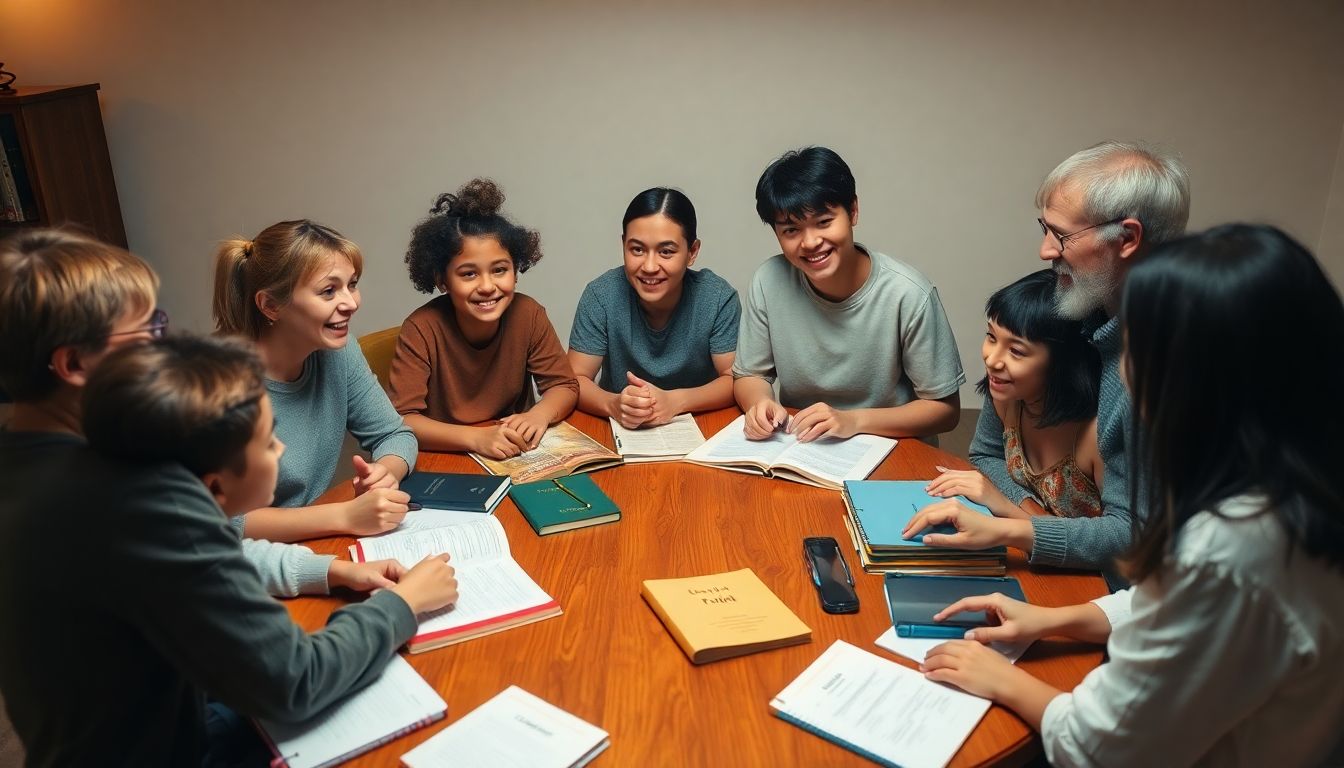The Most Useful Skill Everyone Should Learn: Problem-Solving

Problems are a part of life. Whether you’re trying to fix a leaky faucet or juggle a heavy workload, challenges come at us daily. A study by the American Psychological Association shows that 75% of adults experience significant stress from everyday issues. The ability to solve these problems defines how effectively we manage our lives. Problem-solving is not just about finding solutions; it's a vital skill that impacts our personal, professional, and social lives. This article will explore why problem-solving is the most useful skill we can develop.
Problem-Solving in Daily Life
Managing Everyday Challenges
Daily life is filled with challenges. From budgeting for groceries to managing your time, problems can feel overwhelming. For instance, someone might struggle to balance work and family time. By applying problem-solving skills, they can create a schedule that allows for both commitments. For example:
- Time Management: Using tools like calendars to allocate specific times for tasks.
- Budgeting: Using apps to track spending and save money.
- Household Repairs: Learning basic DIY skills can save time and money.
Enhancing Relationships
Effective problem-solving is crucial in personal relationships. Communication plays a key role in resolving conflicts. According to a study published in the Journal of Marriage and Family, couples who practice good communication skills have a 50% higher rate of relationship satisfaction. By tackling issues together, couples can avoid misunderstandings and build stronger connections.
Boosting Personal Well-being
Problem-solving skills also contribute to improved mental health. A study from the Journal of Anxiety Disorders found that individuals with strong problem-solving abilities experience lower anxiety levels. When problems arise, being able to find solutions can reduce stress and lead to a healthier mindset.
Problem-Solving in the Workplace
Career Advancement
Employers highly value problem-solving skills. According to a survey by LinkedIn, 92% of hiring managers consider problem-solving to be a top skill. Employees who can tackle challenges swiftly often find themselves on the fast track to promotions.
Innovation and Creativity
In the workplace, effective problem-solving encourages innovation. Companies like Google foster a problem-solving culture by encouraging employees to think outside the box. For example, Google’s “20% time” allows employees to explore innovative ideas, leading to successful products like Gmail and Google Maps.
Teamwork and Collaboration
Problem-solving enhances teamwork. When team members work together to solve issues, they build trust and communication. Experts from the Harvard Business Review emphasize the importance of collaborative problem-solving in achieving shared goals. Teams that discuss problems openly tend to perform better and are more productive.
Problem-Solving Techniques
Defining the Problem
Before finding a solution, you must clearly define the problem. The “5 Whys” technique helps identify the root cause by repeatedly asking why an issue occurs. For example:
- Why am I late? Because I overslept.
- Why did I oversleep? I didn't set my alarm.
- Why didn't I set my alarm? I forgot to charge my phone.
Brainstorming Solutions
Brainstorming is a powerful tool for generating ideas. Techniques like mind mapping or using sticky notes can help visualize thoughts. Effective brainstorming sessions include:
- Setting a time limit.
- Encouraging wild ideas.
- Building on others' suggestions.
Evaluating and Implementing Solutions
Once you’ve brainstormed, evaluate options. Consider pros and cons for each solution. Choosing the best option involves assessing feasibility and impact. After selecting a solution, implement it and monitor progress. Adjust as necessary to improve outcomes.
Developing Problem-Solving Skills
Learning from Mistakes
Mistakes can be valuable. Learning from failures enhances your problem-solving ability. Thomas Edison famously said, "I have not failed. I've just found 10,000 ways that won't work." His perseverance led to the invention of the light bulb.
Seeking Mentorship and Feedback
Guidance from mentors can refine your skills. They provide insights and help you view problems from different perspectives. Seeking feedback after tackling a challenge also promotes growth and improvement.
Continuous Learning
Improving your problem-solving skills is a lifelong journey. Consider resources like:
- Books: "Thinking, Fast and Slow" by Daniel Kahneman.
- Courses: Online platforms like Coursera and Udemy offer problem-solving courses.
- Workshops: Local community centers or professional organizations may have relevant training.
Conclusion
Problem-solving is an essential skill that enhances every aspect of life. From personal relationships to career advancement, the ability to tackle challenges head-on is invaluable. Start developing your problem-solving skills today by reflecting on past challenges, seeking feedback, and continuously learning. Remember, mastering problem-solving not only transforms your life but also empowers you to help others navigate their challenges. Embrace the power of problem-solving; it opens doors to new opportunities.